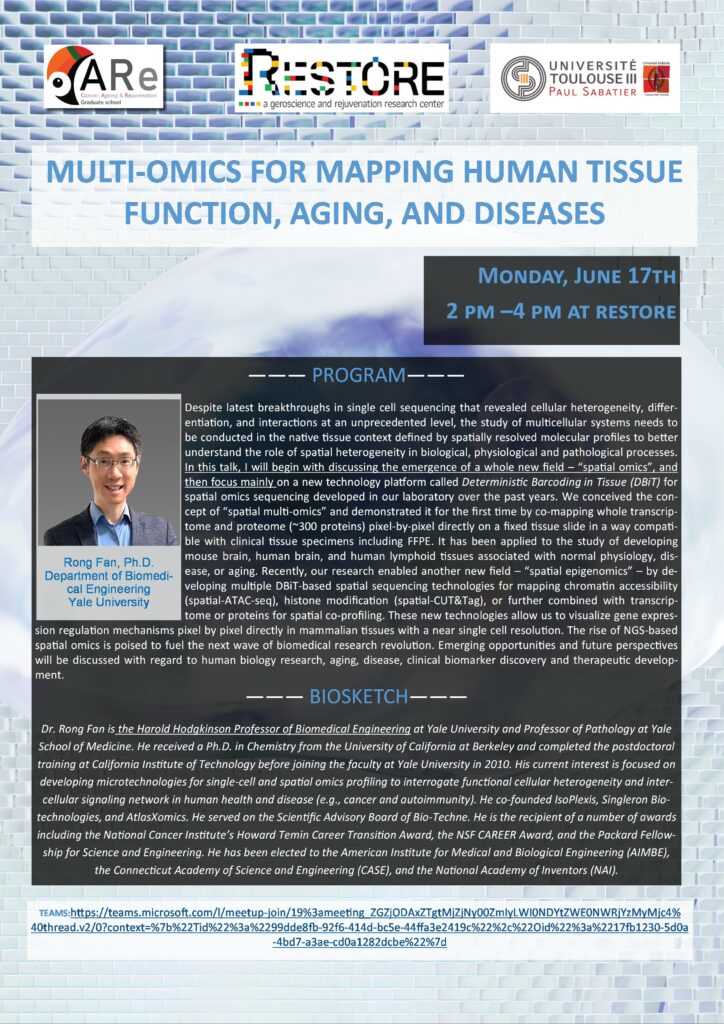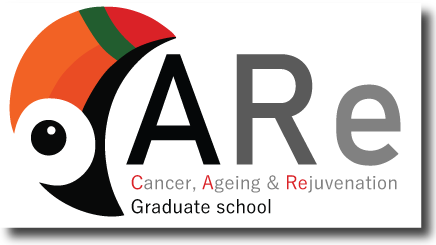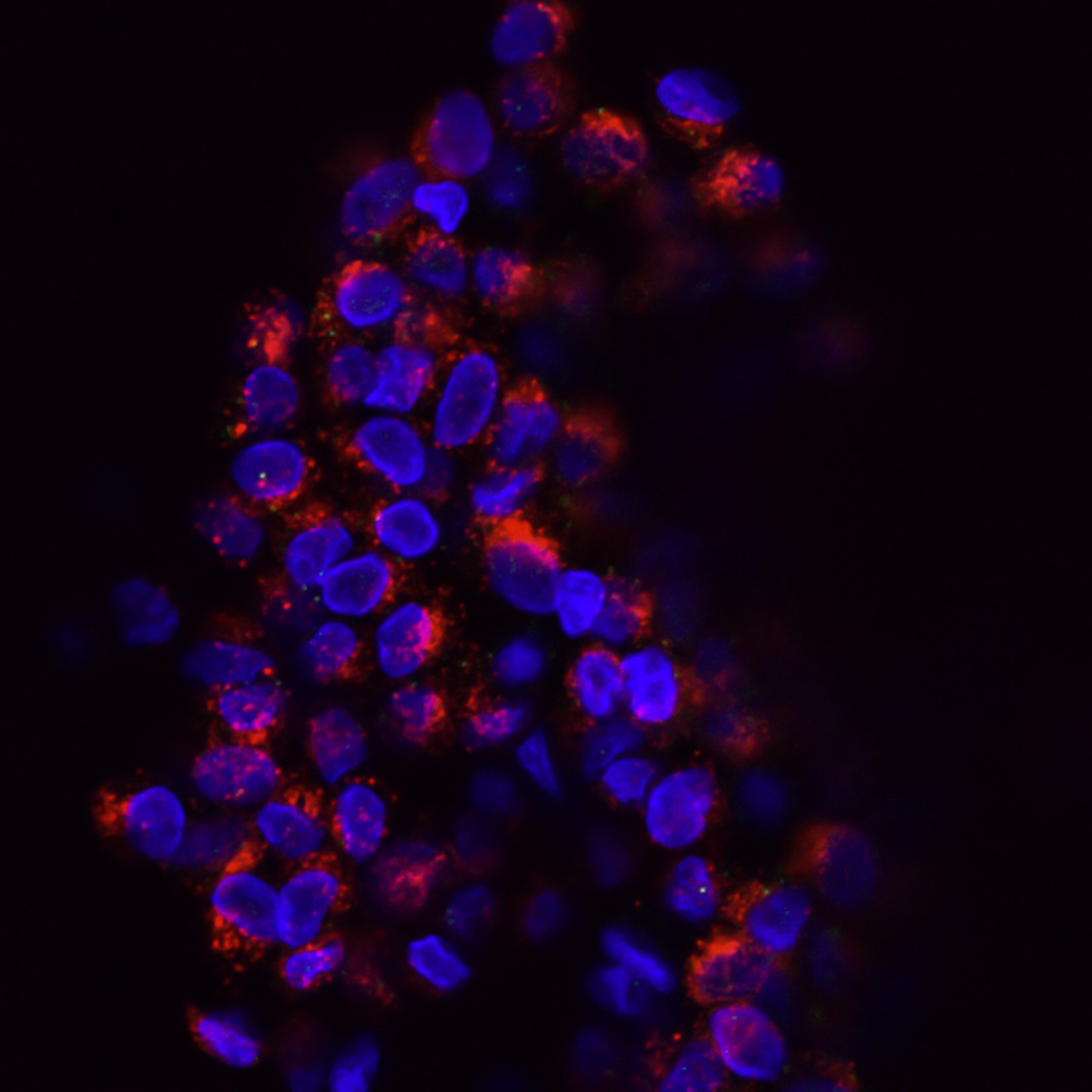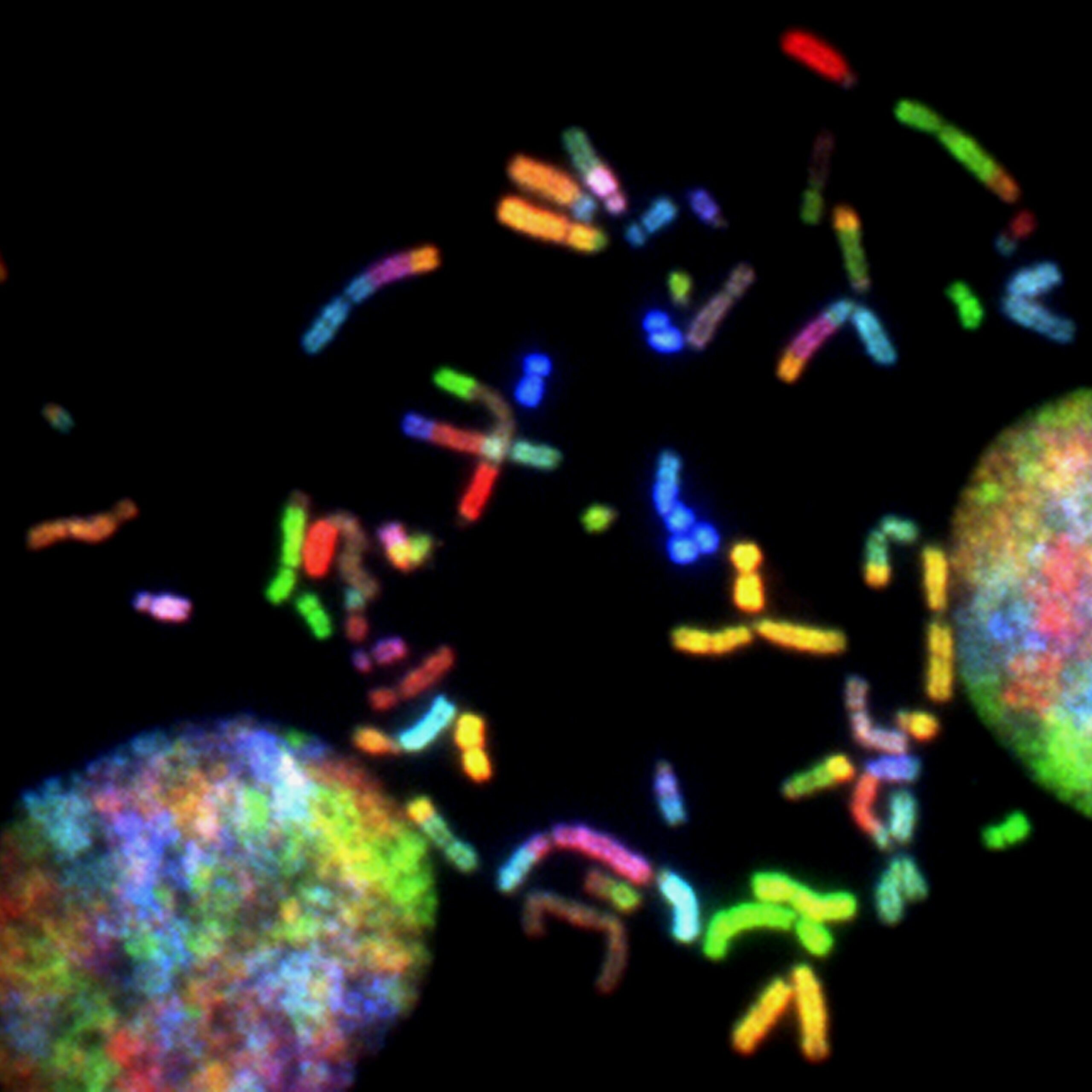On Monday, June 17, Restore lab receives Rong Fan, Ph.D. from Department of Biomedical Engineering, Yale University at 2pm for a talk about « Spatial Multi-Omics for Mapping Human Tissue Function, Aging, and Diseases« .
« Despite latest breakthroughs in single cell sequencing that revealed cellular heterogeneity, differentiation, and interactions at an unprecedented level, the study of multicellular systems needs to be conducted in the native tissue context defined by spatially resolved molecular profiles to better understand the role of spatial heterogeneity in biological, physiological and pathological processes. In this talk, I will begin with discussing the emergence of a whole new field – “spatial omics”, and then focus mainly on a new technology platform called Deterministic Barcoding in Tissue (DBiT) for spatial omics sequencing developed in our laboratory over the past years. We conceived the concept of “spatial multi-omics” and demonstrated it for the first time by co-mapping whole transcriptome and proteome (~300 proteins) pixel-by-pixel directly on a fixed tissue slide in a way compatible with clinical tissue specimens including FFPE. It has been applied to the study of developing mouse brain, human brain, and human lymphoid tissues associated with normal physiology, disease, or aging. Recently, our research enabled another new field – “spatial epigenomics” – by developing multiple DBiT-based spatial sequencing technologies for mapping chromatin accessibility (spatial-ATAC-seq), histone modification (spatial-CUT&Tag), or further combined with transcriptome or proteins for spatial co-profiling. These new technologies allow us to visualize gene expression regulation mechanisms pixel by pixel directly in mammalian tissues with a near single cell resolution. The rise of NGS-based spatial omics is poised to fuel the next wave of biomedical research revolution. Emerging opportunities and future perspectives will be discussed with regard to human biology research, aging, disease, clinical biomarker discovery and therapeutic development«
,
Biosketch
Dr. Rong Fan is the Harold Hodgkinson Professor of Biomedical Engineering at Yale University and Professor of Pathology at Yale School of Medicine. He received a Ph.D. in Chemistry from the University of California at Berkeley and completed the postdoctoral training at California Institute of Technology before joining the faculty at Yale University in 2010. His current interest is focused on developing microtechnologies for single-cell and spatial omics profiling to interrogate functional cellular heterogeneity and inter-cellular signaling network in human health and disease (e.g., cancer and autoimmunity). He co-founded IsoPlexis, Singleron Biotechnologies, and AtlasXomics. He served on the Scientific Advisory Board of Bio-Techne. He is the recipient of a number of awards including the National Cancer Institute’s Howard Temin Career Transition Award, the NSF CAREER Award, and the Packard Fellowship for Science and Engineering. He has been elected to the American Institute for Medical and Biological Engineering (AIMBE), the Connecticut Academy of Science and Engineering (CASE), and the National Academy of Inventors (NAI).

join on Teams here.





